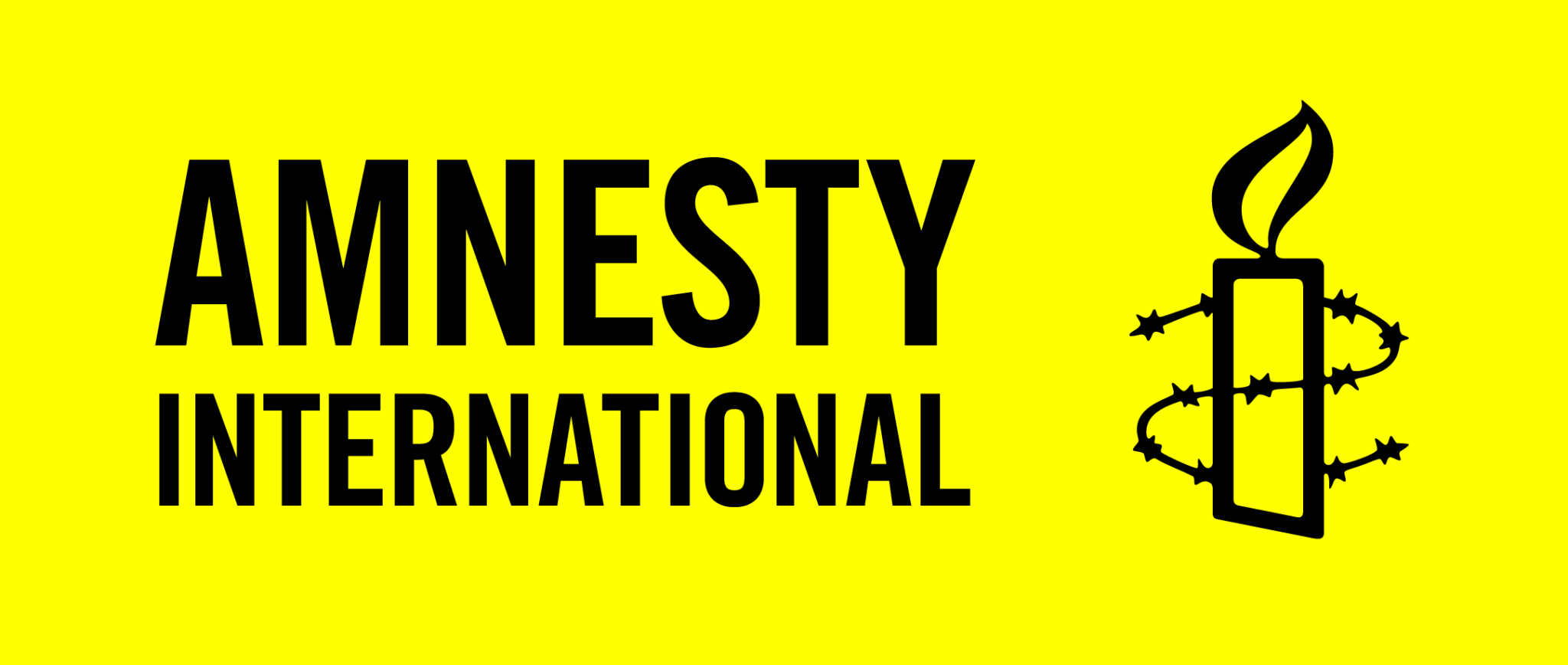The Candle: Updates from around the world
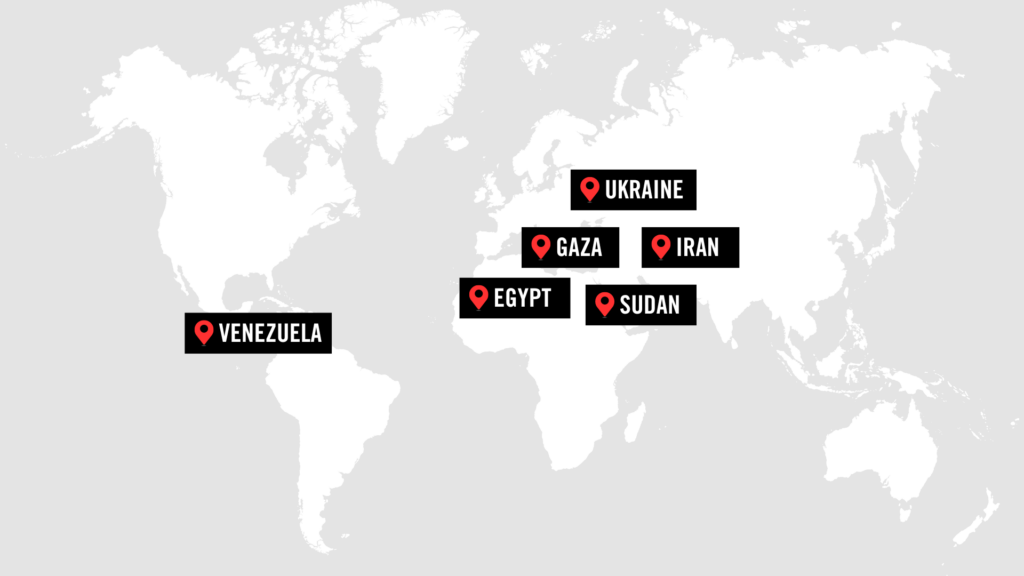
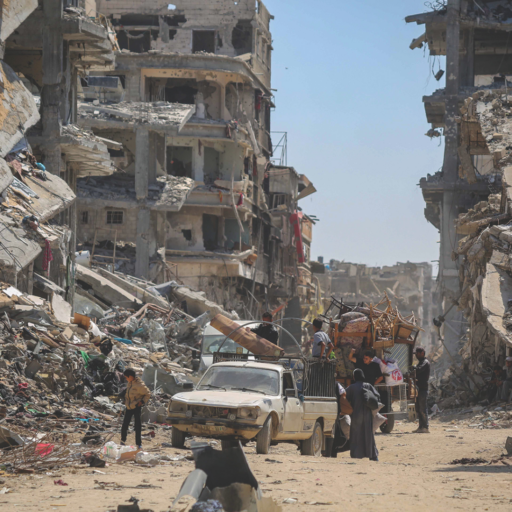 Thank you for supporting Amnesty’s critical work on the ongoing crisis
Thank you for supporting Amnesty’s critical work on the ongoing crisis A year has passed since Hamas-led armed groups entered Israel on October 7, 2023, killing at least 1,200 people and taking over 200 hostages. A year since Israeli military forces launched an offensive into Gaza that has destroyed a huge number of Gaza’s homes, schools, hospitals, shelters, and refugee camps. Some 40,000 Palestinians have been killed and almost the entire population displaced.
In recent months, Amnesty International has been one of the few organizations working on the ground in Gaza. Budour Hassan, an Amnesty Israel and Palestine researcher, describes how Amnesty’s staff visit locations in Gaza where strikes have taken place and collect evidence for analysis.
“It’s very important that Amnesty remains active on the ground in Gaza,” Budour says. “Because without solid methodology and solid human rights research, we cannot hold perpetrators of human rights violations accountable.”
Photo: Ahmad Hasaballah/Getty Images
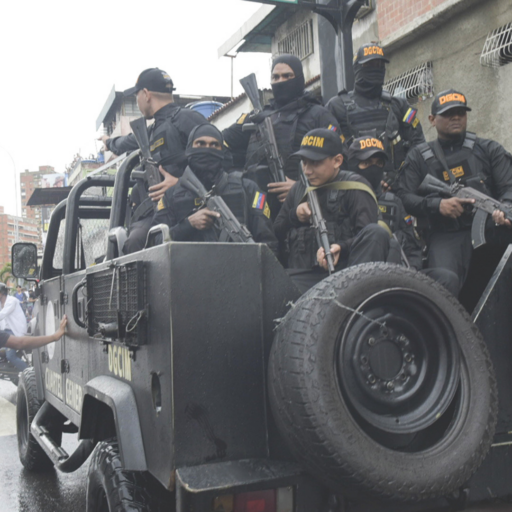
You’re calling for an end to violence and repression
Following the presidential elections in Venezuela on July 28, protesters faced a massive use of force by the security forces. There were at least 17 deaths, and lethal weapons were used by armed civilians allegedly linked to the security forces. In ten days, over 2,000 people were arrested. Most of the detainees were young people, including at least 105 aged between 13 and 17. Among those detained were at least 16 people with disabilities.
Amnesty is urging the Venezuelan authorities to immediately release all those detained for protesting and to protect the right to peacefully protest.
Venezuela has been experiencing a serious and complex human rights crisis for at least 10 years. Amnesty International has regularly reported serious human rights violations, including crimes against humanity, and a humanitarian emergency. More than 25% of the population has fled the country.
Photo: Israel Fugumann/SOPA Images/LightRocket/Getty Images
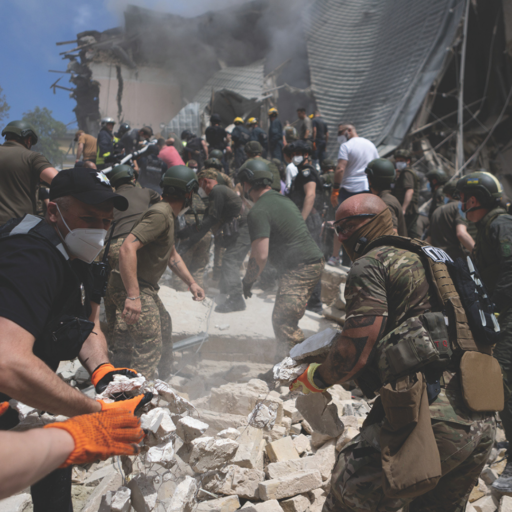 You’re speaking out against war crimes by Russian forces
You’re speaking out against war crimes by Russian forces
The war in Ukraine has gone on for over ten years. It began in February 2014 when Russia occupied Ukraine’s Crimea and took control of the Donetsk and Luhansk regions. In 2022, Russia began a full-scale invasion, an act of aggression and a crime under international law.
Today, just as we have over the past decade, Amnesty International is documenting war crimes and other human rights violations in Ukraine. Since the start of the invasion in 2022, Russian forces have conducted indiscriminate attacks causing thousands of civilian casualties. Amnesty researchers are collecting mounting evidence of torture, sexual violence and unlawful killings. Russian forces have also littered Ukrainian territories with anti-personnel landmines which are a daily, deadly threat to civilians.
Those responsible for these gross human rights violations and crimes must be brought to justice. Your support means that Amnesty’s investigations are providing important evidence to ensure this happens.
Photo: Oleksandr Magula/Global Images Ukraine/Getty Images
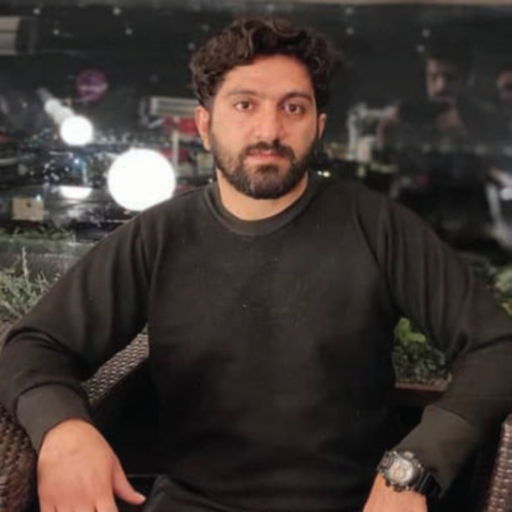 Amnesty condemns torture and execution of women’s rights protester
Amnesty condemns torture and execution of women’s rights protester
On August 6, shocking news came out of Iran of the execution of a young man named Reza Rasaei.
Reza Rasaei’s execution was connected to the “Woman Life Freedom” protests of 2022. Those protests were triggered by the death in custody of Mahsa Amini after her arrest for violating headscarf laws. At Rasaei’s grossly unfair trial, he was found guilty of involvement in the death of a member of the security services. He had been tortured into signing a confession.
The scale of executions in Iran is horrific. A recent Amnesty International report exposed how the number of executions increased after the “Woman Life Freedom” protests. In 2023, 853 executions were recorded, and a further 274 executions were carried out in the first six months of 2024. Amnesty is calling on the international community to pressure the Iranian authorities into ending their use of the death penalty.
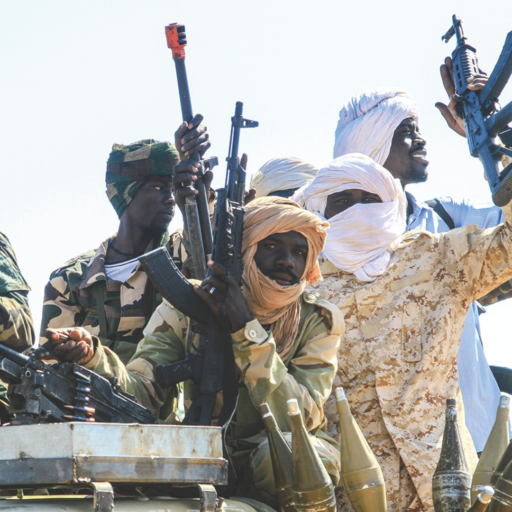 You exposed how global trade in weapons is fueling suffering
You exposed how global trade in weapons is fueling suffering
Despite an arms embargo, weapons are flooding into Sudan and fuelling conflict and civilian suffering. A groundbreaking Amnesty investigation has exposed how weapons are entering the country from China, Russia, Serbia, Türkiye, United Arab Emirates, and Yemen.
More than 16,000 people have been killed since the conflict escalated between the Sudanese Armed Forces and the Rapid Support Forces in April 2023. Amnesty researchers found that civilian casualties have been caused by indiscriminate strikes and direct attacks. War crimes have been committed and an estimated 11 million people have been internally displaced. Millions are at risk of famine.
By supplying arms to Sudan, countries such as China and Serbia, which have signed the Arms Trade Treaty, are violating their legal obligations. Amnesty is demanding they end the supply of arms and ammunition to Sudan.
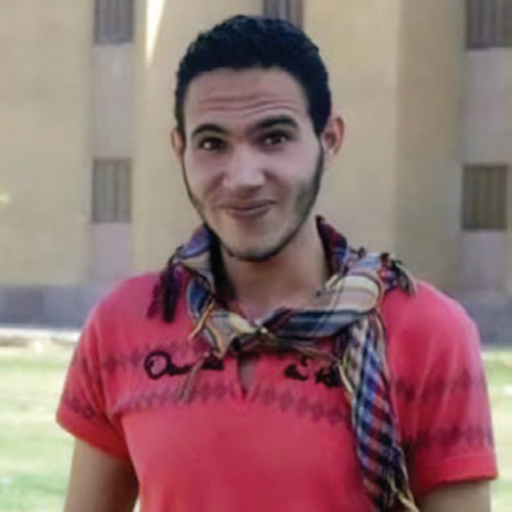 You’re demanding an end to enforced disappearances
You’re demanding an end to enforced disappearances
You may have recently received news from Amnesty International about Oqba Hashad, a young man in Egypt who was disappeared in May 2019 and then held in detention solely because of his brother’s activism. Oqba’s right leg is amputated above the knee and he uses a prosthetic leg to move unassisted. Adding to the scandal of Oqba’s enforced disappearance and his unjust five-year detention is that prison authorities are cruelly denying him his prosthetic leg.
Oqba is one of many people in Egypt who have been subjected to enforced disappearance. At least 70 individuals arrested in 2023 were disappeared. One is lawyer Shaaban Mohamed who was arrested by security forces in January 2023 on a street in Giza. For six weeks, he was held in a security services facility where he was beaten, suspended and given electric shocks. The Egyptian authorities must end these shocking violations of human rights.
